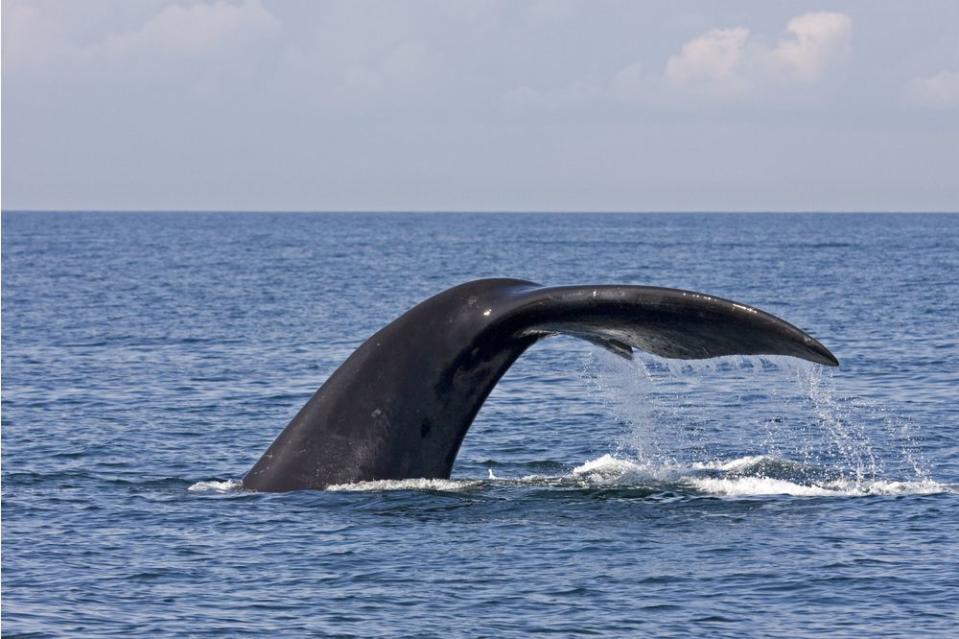Scientists Have a Solution for Saving Endangered Whales—And It Affects the Lobster Industry in a Big Way
If you ask a Mainer to name their favorite season, there’s a good chance it won’t start with an “S” at all, but rather an “L”: Lobster Season.
Pose that same question to a North Atlantic Right Whale, however, and the answer—according to some scientists—would be the polar opposite.
The rare, endangered species of whale—scientists estimate there are fewer than 450 left in the world—have been under attack for more than a century, first hunted by whalers in the late 19th century nearly to the point of extinction. The population has struggled since, now largely due to threats from entanglements in rope tethered to traps on the ocean floor. (Reports suggest that over 85 percent of right whales have entanglement scars, according to the NOAA.)

While past solutions have involved trading in floating rope for sinking rope, scientists at the Woods Hole Oceanographic Institute are now proposing an even more innovative solution: doing away with rope altogether. According to the Ropeless Consortium, a website run by Woods Hole, ropeless traps would operate by sending data through acoustic modems affixed to both the trap and a vessel. As a vessel moves through the sea, it would send an information request to the trap modem, gathering data such as the trap’s location, registration number, and even the approximate number of lobsters currently in the trap.
Related: Scientists Have Discovered the Real Reason Why Whales Jump:
The new technology, while still in the development stages, could be a game changer for the lobster industry. While critics argue that the regulations will put a strain on lobster fishermen with increased costs, supporters say the solution avoids increased federal regulations that would bar lobstermen from working in critical lobster-rich areas.
While there’s no imminent plan for changes yet, the Ropeless Consortium plans to meet in November to discuss available ropeless fishing products, prototypes in development, and testing results from the year.


